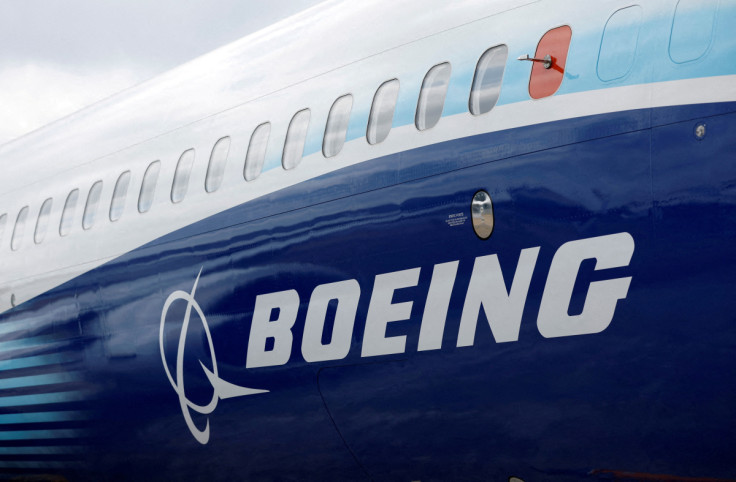Boeing Plans To Slash 2,000 Jobs In Finance And HR In 2023
KEY POINTS
- The job-cuts in Finance and HR will be through a combination of attrition and layoffs
- Some of the eliminated job roles will be outsourced to India-based Tata Consulting Services
- The aviation giant said it is also planning to hire 10,000 more workers in 2023
Aviation giant Boeing is planning to cut around 2,000 jobs in 2023. As the company focuses on engineering and manufacturing, jobs in finance and human resources are expected to take a hit.
"We expect about 2,000 reductions primarily in Finance and HR through a combination of attrition and layoffs," Boeing said in a statement Monday, as quoted by the Seattle Times. "While no one has been notified of job loss, we will continue to share information transparently to allow people to plan," it added.
Boeing, which is one of the frontrunners in plane designing and manufacturing, recently moved its headquarters to Arlington, Virginia. The company had about 156,000 employees as part of its total workforce by the end of 2022, according to The Hill.
The aircraft manufacturer also said that it would be outsourcing a third of the eliminated job roles to an India-based company, Tata Consulting Services.
The remaining job roles are likely to be erased, Mike Friedman, a senior director of communications, told the Seattle Times.
"Over time, some of our corporate functions have grown quite large. And with that growth tends to come bureaucracy or disparate systems that are inefficient. So we're streamlining," Friedman told the outlet.
The aerospace company said it is planning to dedicate more of its resources to developing its products, services and technology. Boeing added 15,000 people to its workforce in 2022 and is planning to hire 10,000 more workers in 2023.
Boeing Chief Financial Officer Brian West is "working to focus our resources and hiring in the factories, in manufacturing and engineering," Friedman added.
"We have and will continue to communicate transparently with our teams that we expect lower staffing within some corporate support functions," the company told the BBC.
"As always, we will support affected teammates and provide assistance and resources to support their transition," it added.
The move to slash white-collar jobs and shift the focus on engineering and manufacturing could reportedly be in response to issues that Boeing has faced in recent years.
The company had to ground its 737 Max after two deadly crashes, which were later found to have been caused due to flaws in the aircraft's design.
A 2018 accident saw Lion Air Flight 610 depart from Jakarta and crash into the Java Sea just 13 minutes after taking off. The crash claimed the lives of 189 passengers and crew members aboard the Boeing 737 Max aircraft.
Another Boeing 737 Max crashed just months later in 2019. The Ethiopian Airlines Flight 302 crashed six minutes after taking off from Ethiopia's Addis Ababa and killed 157 people onboard.
After it was found that both crashes were caused due to design flaws, Boeing made modifications that eventually led to the 737 Max aircraft being cleared in most countries to carry passengers again.

© Copyright IBTimes 2025. All rights reserved.






















